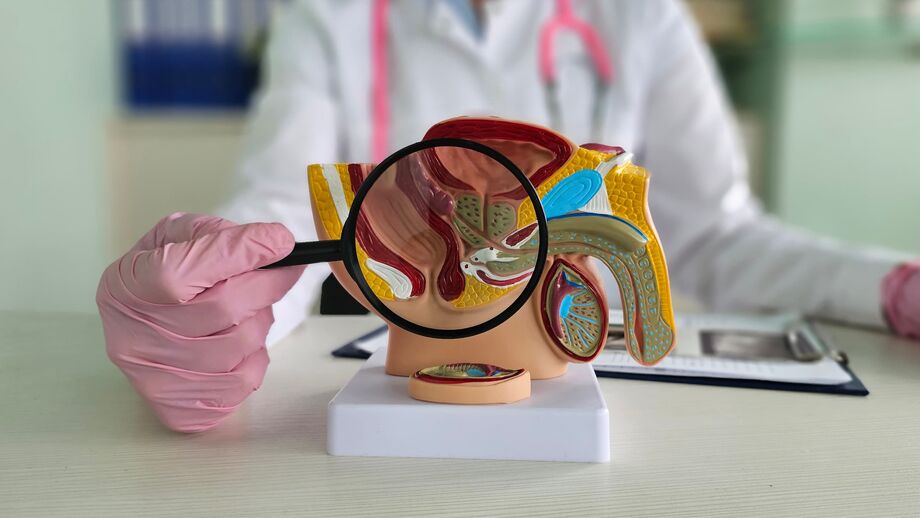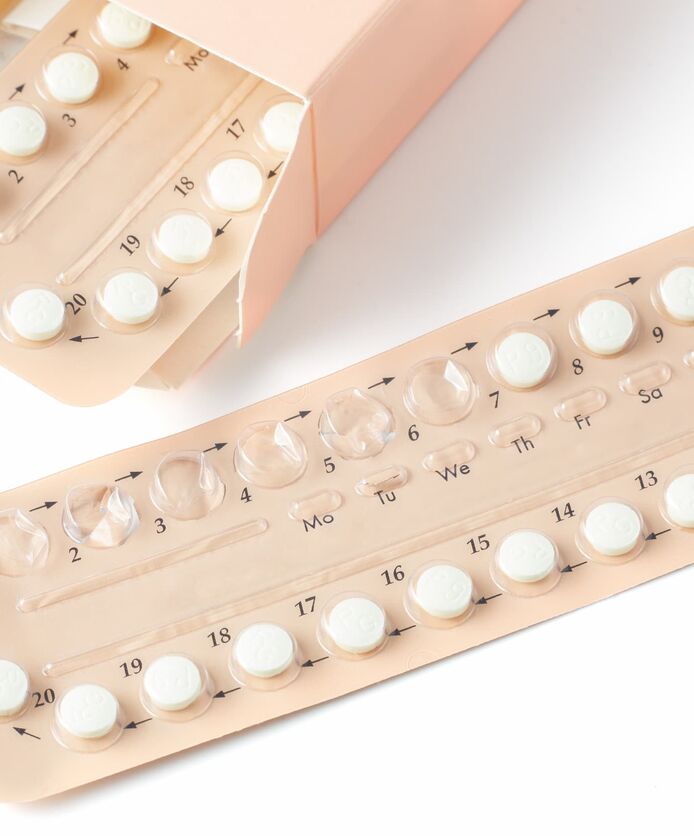What causes erectile dysfunction?

Erectile dysfunction (ED) is a condition that means you are unable to consistently get or maintain an erection long enough to have sex. It can be distressing to experience, particularly if it happens a lot, but understanding the causes and contributing factors can make it easier to come to terms with, and may even help you to avoid or lessen the problem in future.
What can cause erectile dysfunction?
There are many potential causes of ED, and in order to understand why that is, it’s important to get an idea of the mechanisms that go into an erection. The three main organ systems involved are the vascular system (the network of blood vessels and lymph nodes), the nervous system (the network of nerves) and the endocrine system (the network of glands and hormone-secreting cells).
Together, these systems can be affected by a huge variety of conditions and factors, which is why it can sometimes be difficult to determine a cause for ED.
Stress, anxiety or depression
One of the most notable psychological factors contributing to ED is emotional stress, whether that’s in the form of a diagnosed condition or something you’re dealing with on your own. Although you might think emotional stress is completely separate from physical symptoms, it’s actually the case that your mental state can have a big impact on your physical health.
In many cases, it may simply be that whatever is causing your stress is also distracting you, making it hard for you to become aroused. There can be a physiological aspect to it as well, though. According to a 2023 study, cortisol - a hormone released in increased levels during times of stress - may inhibit sexual arousal.
Unfortunately, this can be a factor in making your ED worse or preventing improvement even if your condition was caused by something else initially. Feeling self conscious about sexual performance or worrying that you won’t be able to have sex can cause additional psychological stress, which in turn may exacerbate your condition.
Tiredness
Fatigue can be another cause of stress in your life which may cause temporary bouts of erectile dysfunction. But for those who regularly have difficulty getting to sleep, this could have a more impactful effect on the ability to maintain an erection. Research has found that those who have sleep disorders are more likely than the general population to experience erectile dysfunction, showing there could be a link between the two conditions.
Alcohol
You might think that having a drink is just what you need to get you in a romantic mood, but in actual fact, alcohol can make it harder for you to get or keep an erection. This is because it’s a depressant drug that reduces the activity of the central nervous system - one of those three systems that work together to cause an erection.
High blood pressure
Untreated high blood pressure can damage the walls of your arteries, leading to a hardening and narrowing of the blood vessels known as atherosclerosis. This in turn causes a reduction in blood flow to all areas of the body, including the penis. As a result of this, it can be harder for men with high blood pressure to get an erection - and if you don’t already know the state of your blood pressure, erectile dysfunction can be a warning sign to get it checked while searching for causes.
High blood pressure isn’t the only circulatory issue that can be an indicator of erectile dysfunction. If you’ve been told you’re at risk of developing heart disease or a similar condition, this could make you more likely to experience ED.
Diabetes
Another underlying health condition which can lead to erectile dysfunction is diabetes. Diabetes is characterised by high blood sugar, which can cause damage to the blood vessels (resulting in restricted blood flow as described above) and to the nerves. It’s also the case that some diabetes medications may contribute to erectile dysfunction.
If you have diabetes and are experiencing erectile dysfunction frequently, you can speak to your healthcare team about what can be done to help mitigate these effects.
Hormone problems
Some hormone issues could lead to erectile dysfunction, so it’s worth having your hormone levels checked if you’re experiencing this condition.
In men, one of the main regulators of sexual function is testosterone. If you don’t have enough of this hormone in your blood, it can lead to problems such as decreased sex drive and erectile dysfunction, and these low levels of testosterone could be caused by an underlying health condition.
Certain medications
Last but not least, it’s worth being aware that some common medications can cause erectile dysfunction as a side effect. These include blood pressure medicines, antidepressants, prescription sedatives, appetite suppressants and others - but the best way to determine if this is affecting you is to look at any medications you’re currently taking. Check the patient information leaflet, which should list possible side effects.
As you can see, there are lots of different factors which can contribute to erectile dysfunction, and it may be the case that a combination of factors are causing your symptoms. Whatever the case, if you’re concerned about erectile dysfunction, speak to a pharmacist or GP about possible causes and potential treatment options so you can get back to feeling your usual self.

Which contraceptive pill is best?

How to get rid of flu

What are the symptoms of flu?

How to delay your period

How to ease period cramps

